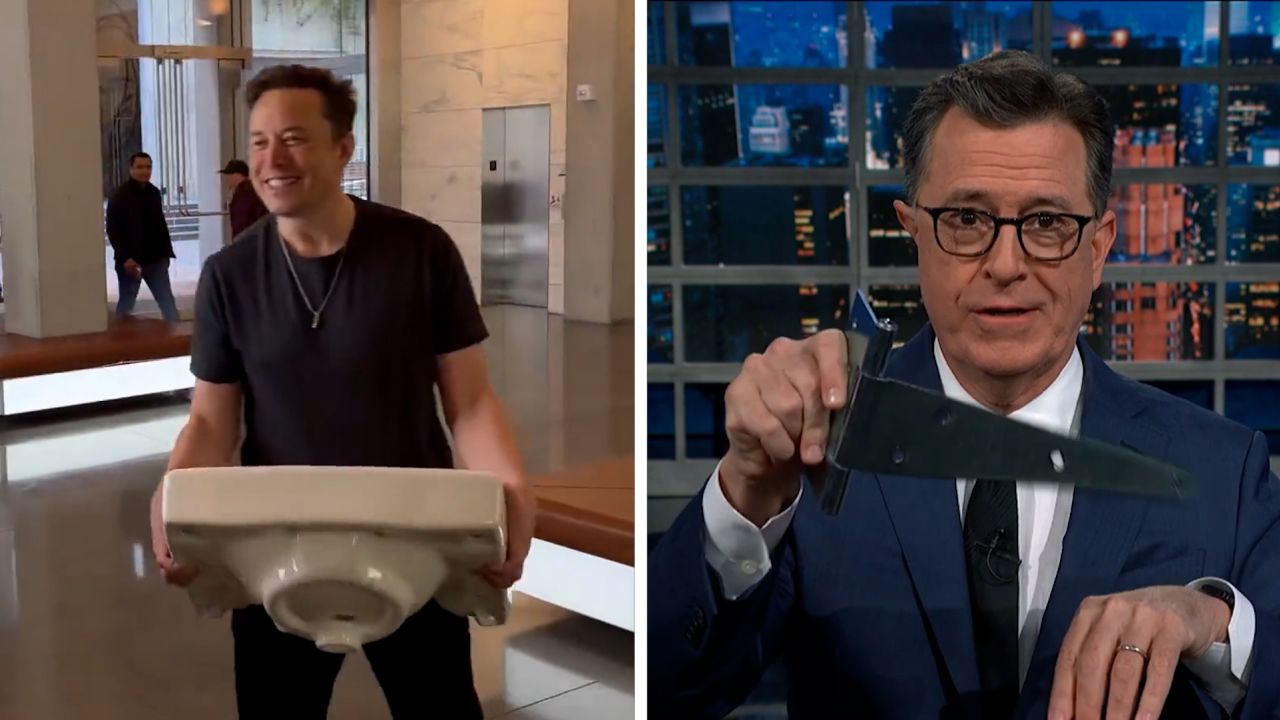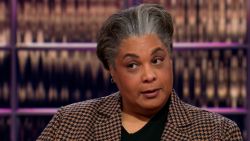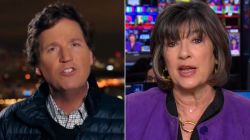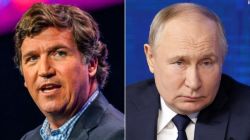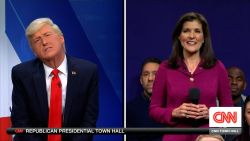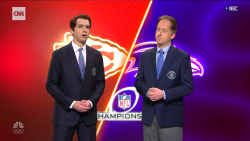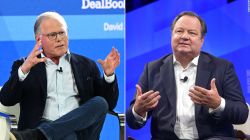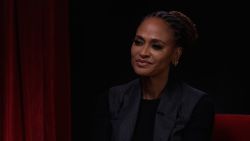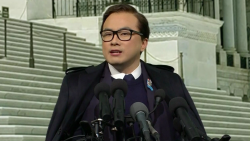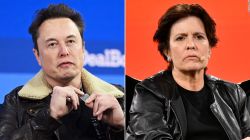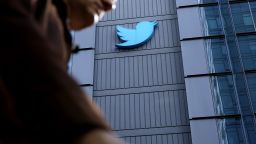Newly minted Twitter owner Elon Musk said Friday afternoon that the social media company “will be forming a content moderation council with widely diverse viewpoints.” That means suspended accounts like the one held by former President Donald Trump won’t immediately return to Twitter.
“No major content decisions or account reinstatements will happen before that council convenes,” Musk added.
In the wake of Musk’s $44 billion acquisition of Twitter (TWTR), questions have been raised about whether the billionaire will reverse permanent bans, allowing people like Trump back onto the platform. Musk has repeatedly stressed his intention to rethink Twitter (TWTR)’s content moderation policies, as well.
Musk had previously indicated that he was not a supporter of permanently banishing people from Twitter and that Trump would be permitted to return under his ownership.
By unbanning users and unwinding content moderation efforts, Musk could make Twitter less palatable for its most vulnerable users, typically women, members of the LGBTQ community, and people of color, according to safety experts. It could also roll back progress Twitter has made in cracking down on accounts and posts that promote abuse, spam and misleading information.
Musk’s commitment to a moderation council should pause some of those concerns for now. Twitter, however, already has a Trust and Safety Council, which is comprised of a “group of independent expert organizations from around the world” to “advocate for safety and advise us as we develop our products, programs, and rules.” It’s unclear if Musk was aware of that fact.
Trump has previously said he would remain on his platform, Truth Social, instead of rejoining Twitter, but a change in his approach could hold major political implications, as November’s midterm elections near and Trump shifts his focus to 2024 and his political future.
Throughout Trump’s White House tenure, Twitter was central to his presidency, a fact that also benefited the company in the form of countless hours of user engagement. Twitter often took a light-touch approach to moderating his account, arguing at times that as a public official, the then-President must be given wide latitude to speak.
But as Trump neared the end of his term — and he increasingly tweeted misinformation alleging election fraud — the balance shifted. The company began applying warning labels to his tweets in an attempt to correct his misleading claims ahead of the 2020 presidential election. And following the US Capitol riot on January 6, 2021, the platform banned him indefinitely.
But Musk has said he disagreed with Twitter’s permanent ban policy.
“I do think it was not correct to ban Donald Trump; I think that was a mistake,” Musk said at a conference in May, pledging to reverse the ban were he to become the company’s owner.
Jack Dorsey, who was the CEO of Twitter when the company banned Trump but has since left the company, responded to Musk’s comments saying he agreed that there should not be permanent bans. Banning the former President, he said, was a “business decision” and it “shouldn’t have been.”
On Thursday, Musk wrote in a posted note to Twitter advertisers that “Twitter obviously cannot become a free-for-all hellscape, where anything can be said with no consequences! In addition to adhering to the laws of the land, our platform must be warm and welcoming to all.”
CNN’s Clare Duffy, Brian Fung and Paul LeBlanc contributed to this article

